Giving Up the Newbery Ghost?

Librarians are the original hoarders (but, you know, in a positive way).
ADVERTISEMENT
ADVERTISEMENT
But I always maintain that we’re not the Library of Congress here. We can’t hang on to every book, no matter how much we’d like to.
A while back I noticed our copy of 1955 Newbery Medal winner The Wheel on the School sitting, where it always is, on the shelf.
At a certain point, I realized that the spot on the shelf for The Wheel on the School could be better filled with something current. So that’s what we did.
My questions are:
When do you give up the Newbery ghost?
Should you?
Do you keep all Newbery winners around?
Do you have a system for letting them go? An equation, perhaps?
Are the answers to these questions different for public libraries and school libraries (I would say yes).
Filed under: Articles
About Travis Jonker
Travis Jonker is an elementary school librarian in Michigan. He writes reviews (and the occasional article or two) for School Library Journal and is a member of the 2014 Caldecott committee. You can email Travis at scopenotes@gmail.com, or follow him on Twitter: @100scopenotes.
ADVERTISEMENT
ADVERTISEMENT
SLJ Blog Network
Press Release Fun: Happy Inaugural We Need Diverse Books Day!
Halfway There: A Graphic Memoir of Self Discovery | Review
Fifteen early Mock Newbery 2026 Contenders
When Book Bans are a Form of Discrimination, What is the Path to Justice?
RA Tool of the Week: Inside Out Inspired Emotions, but Make it YA Books
ADVERTISEMENT

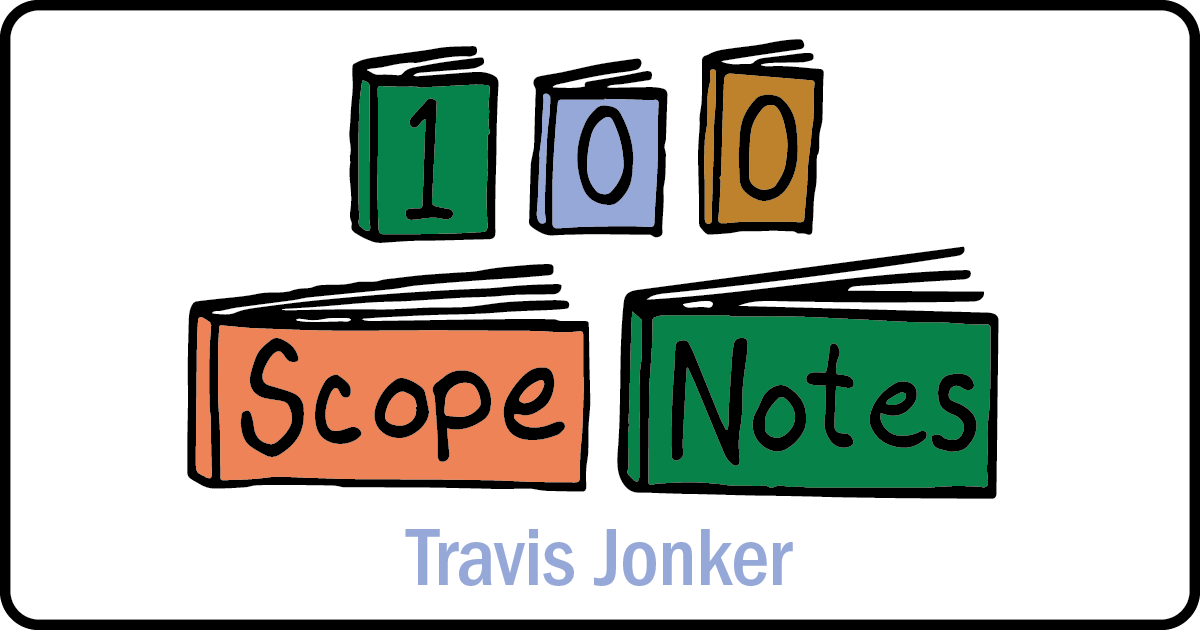

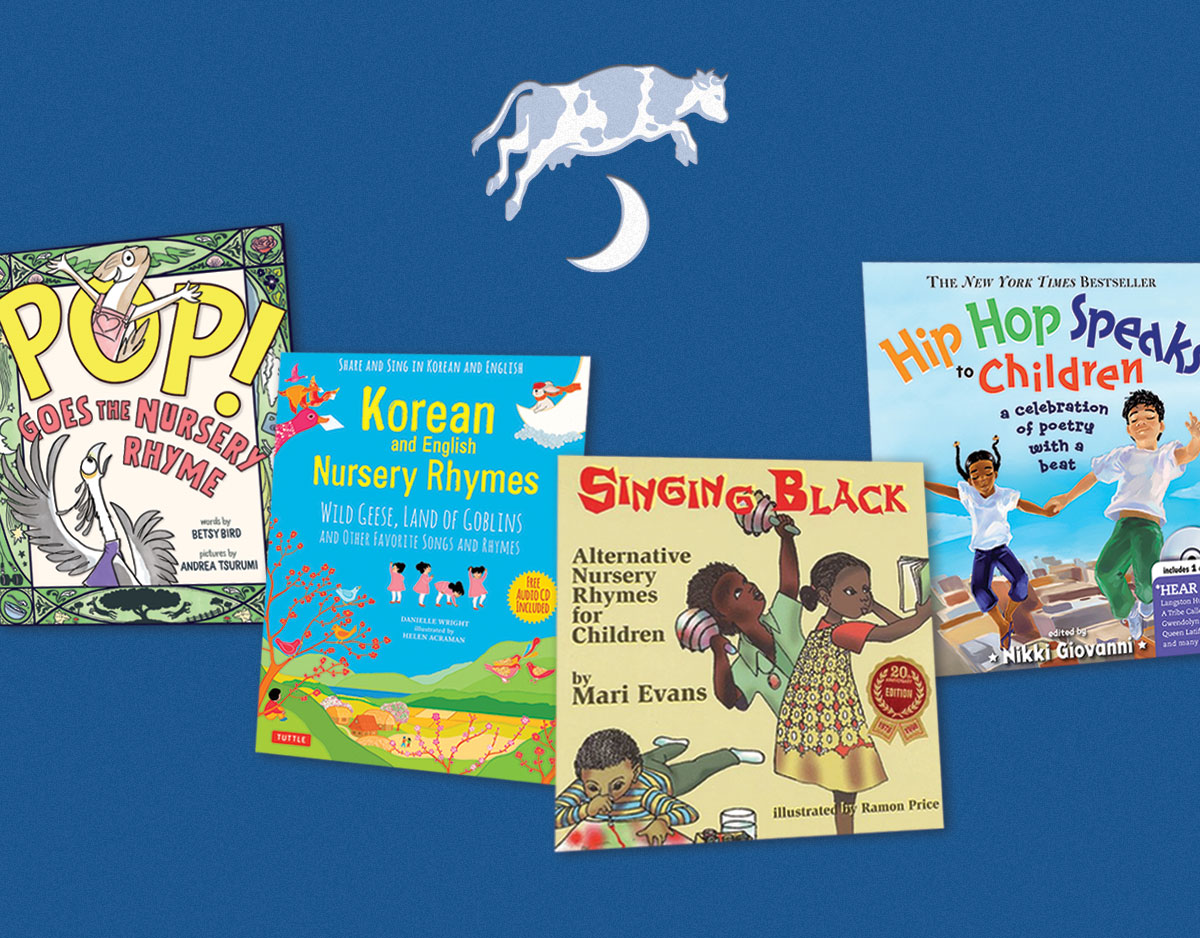
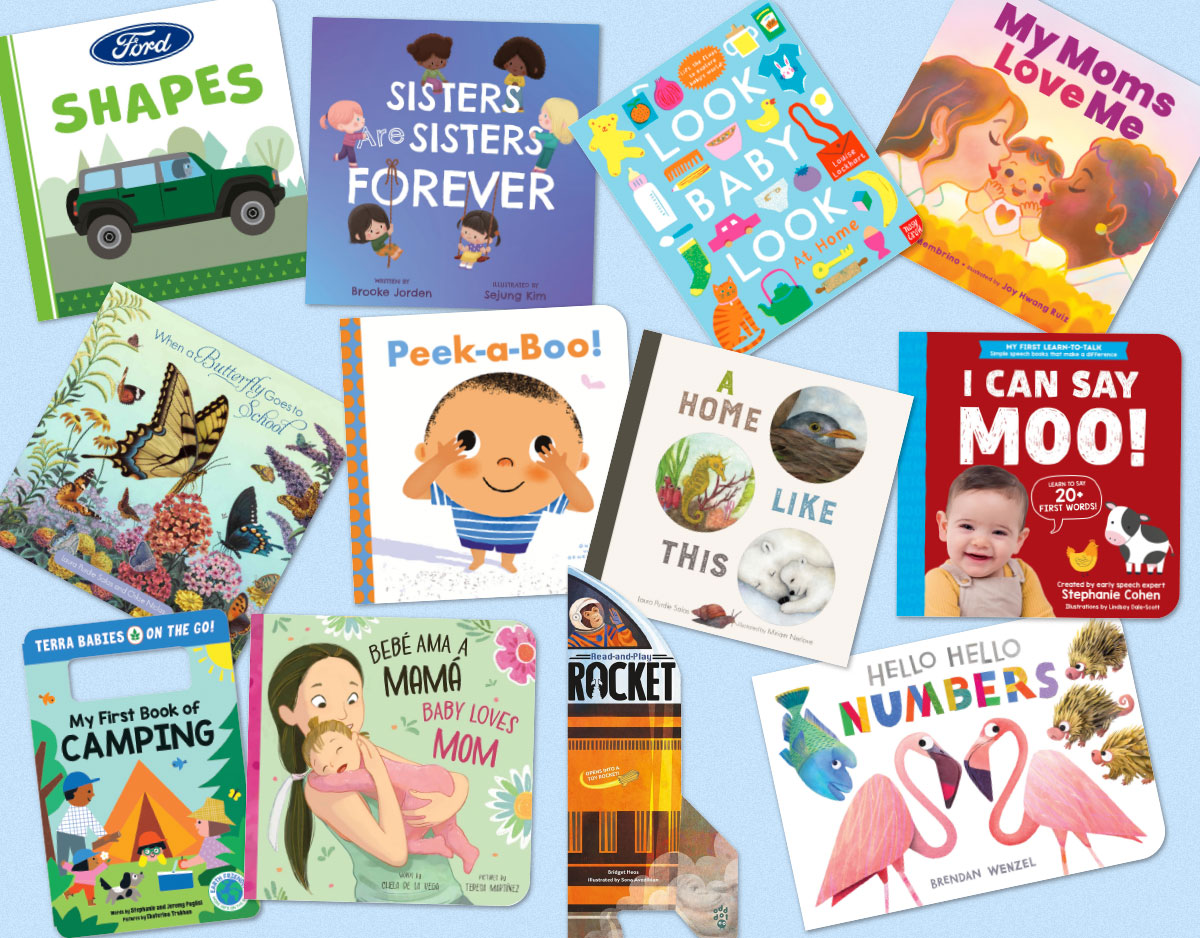
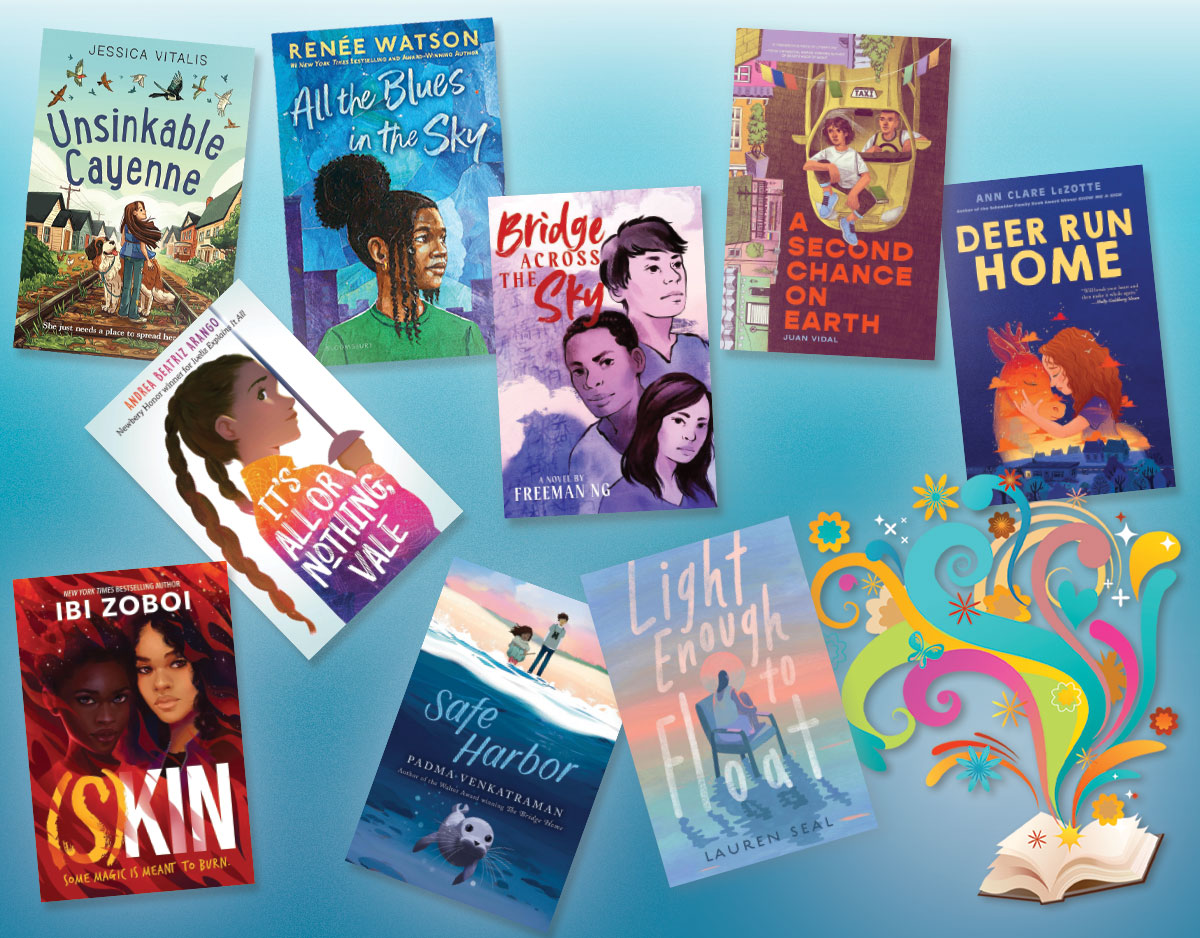
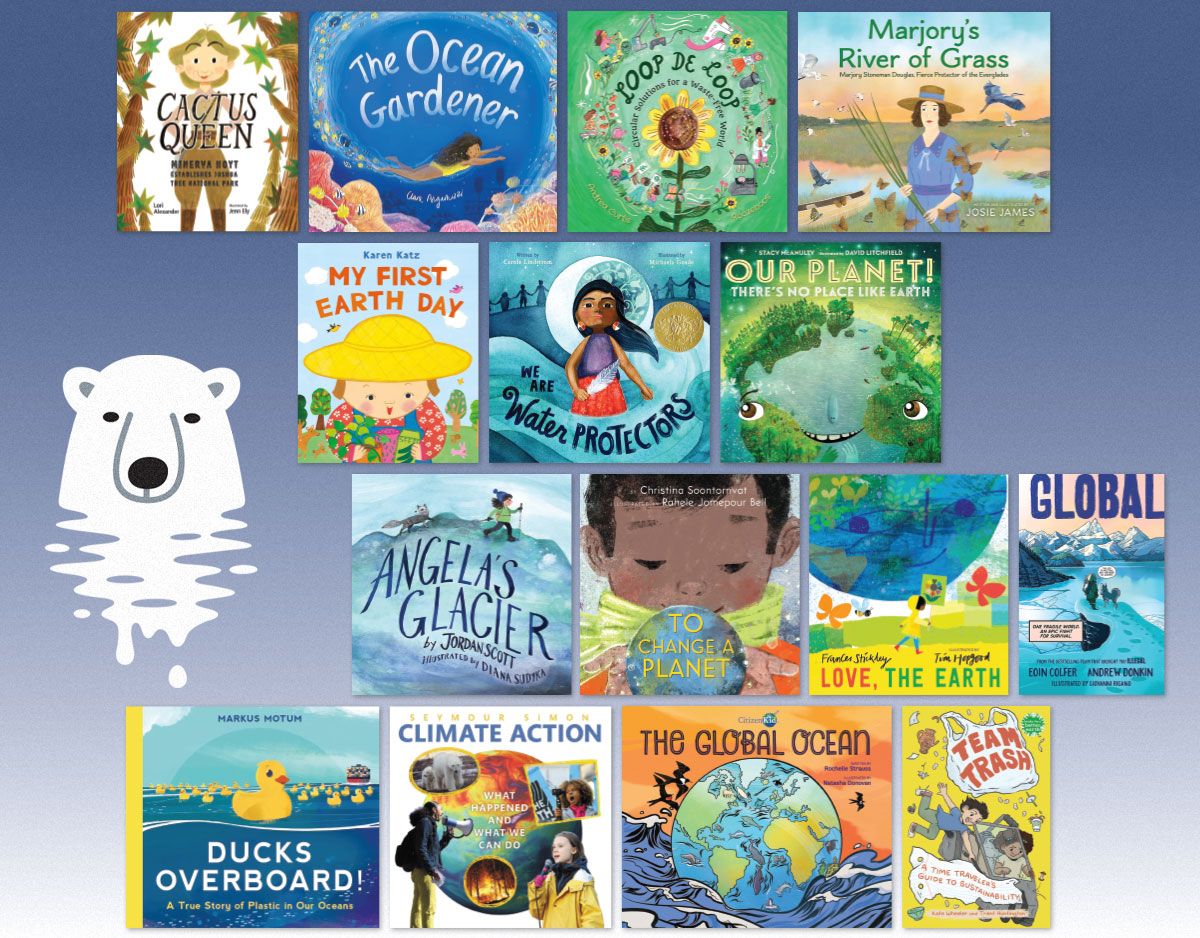
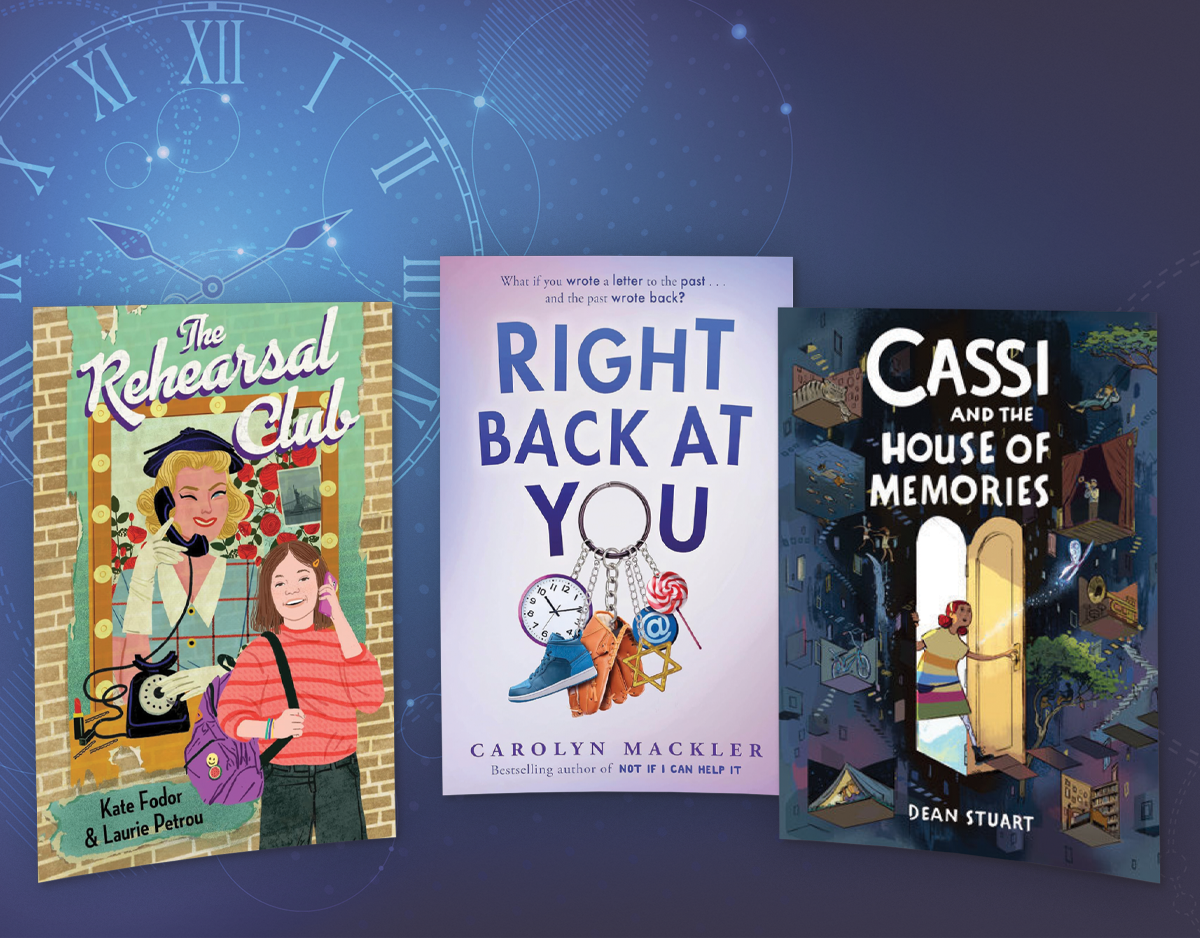
I have a personal collection of Newbery winners and will not consider giving them up although I recently pruned the paperback duplicates. We need a longterm view of childhood and children’s literature.
Ditto. I just weeded copies of The Trumpeter of Krakow and The Dark Frigate (among a TON of others. I’m pretty brutal.), and I worried about the person that will come across them wondering about the dingbat librarian that got rid of such gems.
I have to say, I’m more attached to the Caldecott winners than the Newbery winners. Not all the Newbery books resonated with me.
A top shelf in my storage closet is labeled “discarded; kept for historic interest”. That is where I keep books of local interest that I would no longer recommend to a child and the Newbery and Caldecott winners that have worn out and I don’t plan to replace. That way when I get that kid who wants to read all the winners, I can still provide a copy.
hmmmm, I remember reading The Wheel on the School and enjoying it! Maybe we need to do more book talks with older books?
A lot has to do with space. In a public library, with 23 branches, we can find room for all the Newberys — at least a few copies. In a school library? I think you can be forgiven for letting the older ones go.
Oh good! Thank you! Also, it helps to have a library aide, who hasn’t read that particular book, to say, “This book has only been checked out 2 times in 10 years. Time to let it go.”
I don’t weed anything with an award on it, unless its condition calls for it. Not saying that everyone should adopt that policy though.
I haven’t read The Wheel on the School, but one thing I’ve heard librarians do with older books is hold a “cover redesign” contest to put a new cover on the older books. This does a few things.
1) It makes students aware of the older books, which might not be checked out simply due to the aged look of their spines and covers.
2) It allows students to exercise creativity by “updating” the cover.
3) It gives the book a second chance. If no one checks it out with the new cover, then you can give up the ghost knowing you did what you could to get the book circulating.
While a practicum student at a public library, one of the librarians pointed out various editions of The Westing Game. She said, the older versions very rarely circulated, but the newer ones with the silver, black, and bloody covers went out a lot. It really drove home the importance of covers to me. Although we like to say, “Don’t judge a book by its cover.” Most people do.
Best Wishes,
Joseph
Great idea!
Weed away! The purpose of the library is to have books that children will use. With limited funds I spend money on current books. Diary of a Wimpy Kid leads the checkouts in my library. Ditto for Dork Diaries. If this gets kids to read then I am all for it. Graphic novels…you bet ‘cha . I was book talking Because of Winn Dixie with a new crop of readers this week. But old Newbery’s are not on my shelf. They can find them at the public library if they want them.
The Wheel on the School’s author, I heard, worked as a school custodian in Western Michigan. Seems like he’d understand. 🙂 After all, a school library is a working library. Our research libraries are the ones who need to archive literature for future scholars, not our school libraries. (U of Michigan has six or seven copies of various editions, and even some of THOSE are in storage!)
I answer with the old…it depends. At my school we have an archives collection of old treasures in te Director’s office. Also, have you read and book talked the titles? Are they oop? How readily available are they in the public libraries near you? What is the mission of your collection? How shabby are your copies? There’s no hard and fast rule IMO.
Thankfully, we have plenty of room on our shelves right now. We do weed regularly but there are a couple of Newbery winners that haven’t gone out much and if it wasn’t a winner would have weeded. We’ll get new pretty copies (some I wish would come out with new cover designs) try moving them to a different section, create a display. The honors we just weed.
But… storks!
(Seriously, I can’t imagine any modern kid reading The Wheel on the School on purpose.)
I think the thing to keep in mind is that the school library collection is for the students of the building–and not for the librarian or posterity. A book may hold sentimental value or may have been very popular 40 years ago–but does that mean it is right for your students today? A good rule to go by is “Would I purchase this book for my collection today?” If the answer is no, then weeding it may not be a bad idea. In many school libraries shelf space is at a premium. If you could put a book in its place that will get checked out and used, then weed away. School libraries are designed for students, not as museums.
From a public library perspective, I’m going to echo what Sondy has said. I wouldn’t expect all our school libraries to have every single Newbery book – those libraries need to be tailored towards what’s being used by your students, especially with limited space and budgets for school libraries. Public libraries, not only serving children & teachers, but parents, college students, and the population at large, have a larger responsibility to hang on to award-winning titles as part of their overall collection (in my opinion!). So if, someday, a student or teacher does happen to want that older Newbery book that’s been weeded, send ’em our way!